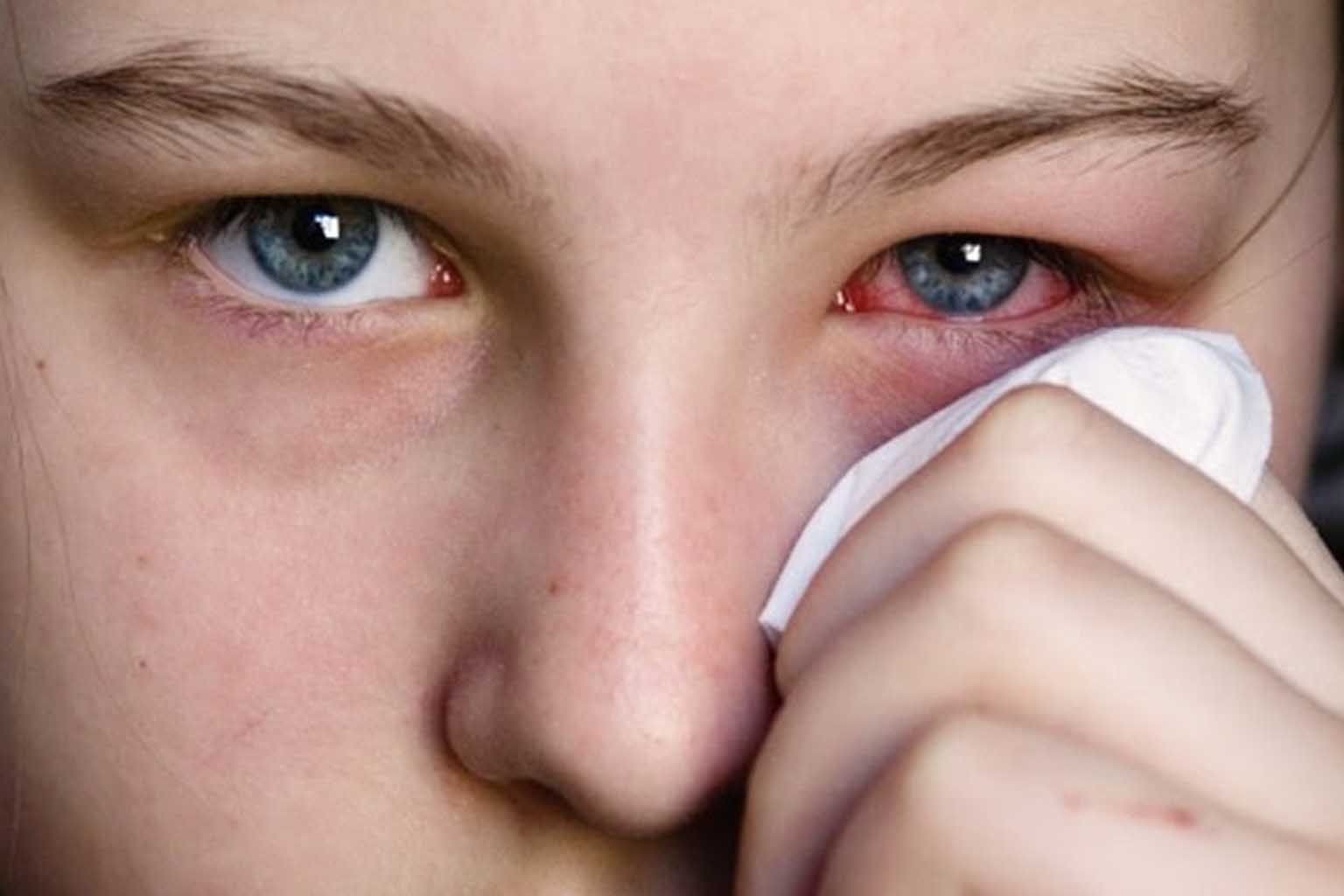Have you heard about the pink eye? If not, you are in the right place! Keep reading!! Pink eyes or conjunctivitis is typically the infection of the clear, thin covering of the white of the eye as well as the inside of the eyelids. It occurs due to various reasons, however, numerous eye doctors out there use the word “pink eye” referring only to viral conjunctivitis which is one of the highly contagious infections that is caused by viruses. Don’t be scared by the term “Pink eye”!
It just sounds scary my friend. It is just a common eye problem that can be treated easily and with some easy preventive measures, it can be avoided as well. Some types of conjunctivitis can also cause serious vision problems if left untreated. Anybody can get a pink eye, however, office employees, store workers, pre-schoolers, college & school students, child-care workers, and teachers are specifically at risk as these people closely work with others.
Root Causes of Pink Eye/Conjunctivitis?
Take a look at some of the types depending on the causes:
- Viral: This condition is caused by a virus such as the common cold. Viral conjunctivitis is extremely contagious however normally it heals on its own in a few days without any medical treatment.
- Bacterial: This condition is caused by bacteria. Bacterial conjunctivitis can result in serious damage to your eyes if left untreated.
- Allergic: This condition is caused by eye irritants like small insects, pollen and dust. Allergic conjunctivitis can be also seasonal or flare-up year-round.
Symptoms of Pink Eye/Conjunctivitis
In the initial symptom of conjunctivitis, your eye gets pink. Other symptoms depend on various types of conjunctivitis like:
- Symptoms of Viral Conjunctivitis– sensitivity to light, watery or itchy eyes. Viral conjunctivitis is extremely contagious as well as can be easily spread by sneezing and coughing.
- Symptoms of Bacterial conjunctivitis– greenish or yellow eye discharge in the corner of the eye, a sticky or yellow. In most cases, this discharge can turn out to be serious enough causing your eyelids to stick together when you wake up. Bacterial conjunctivitis is also infectious, normally by direct contact with inflamed hands or objects that have touched the eye.
- Symptoms of Allergic Conjunctivitis- itchy eyes, burning, watery and often stuffiness & a runny nose as well as sensitivity to light. Allergic conjunctivitis can affect both eyes, however, this type of conjunctivitis is not at all contagious.
Also Read: Tea Bags For Eyes: Benefits
Treatments For Your Pink Eye/Conjunctivitis
The treatment depends on the type of pink eye you have:
- Treatment of Viral – Mostly, conjunctivitis runs its course for a few days, hence there is a need for any medical treatment is required. You can apply a wet, cold washcloth to your eyes several times in a day as it will relieve your symptoms.
- Treatment of Bacterial – For bacterial, eye doctors normally prescribe ointments or eye drops (antibiotic).
- Treatment of Allergic – You can use any allergic medication to prevent or cure allergic conjunctivitis.
How to Prevent Eye/Conjunctivitis?
Well, now you know the basics!! So, how can you protect yourself? Here are some precautions to significantly cut down the risk:
- Try not to share your personal objects
- Cover your mouth & nose when sneezing or coughing. Also, avoid touching or rubbing your eyes.
- Wash your hands.
- Use a hand sanitizer.
- If you use contact lenses, then follow the instructions of your eye doctor for lens replacement and care. Use contact lens solutions correctly or switch to disposable contact lenses.
- When swimming, use swim goggles in order to protect your eyes from bacteria as well as other microorganisms that cause it.
- Remove your contact lenses before showering.
 Pink Eye or Conjunctivitis
Pink Eye or ConjunctivitisConclusion
Generally, it is difficult to identify the type of pink eye you have by just symptoms. Sometimes bacterial conjunctivitis can also result in very severe eye problems that can cause permanent loss of vision. Therefore, when you experience irritation or red eyes, immediately you should go to an eye doctor.
Also Read: Solution To The Puffy Eye Problem

